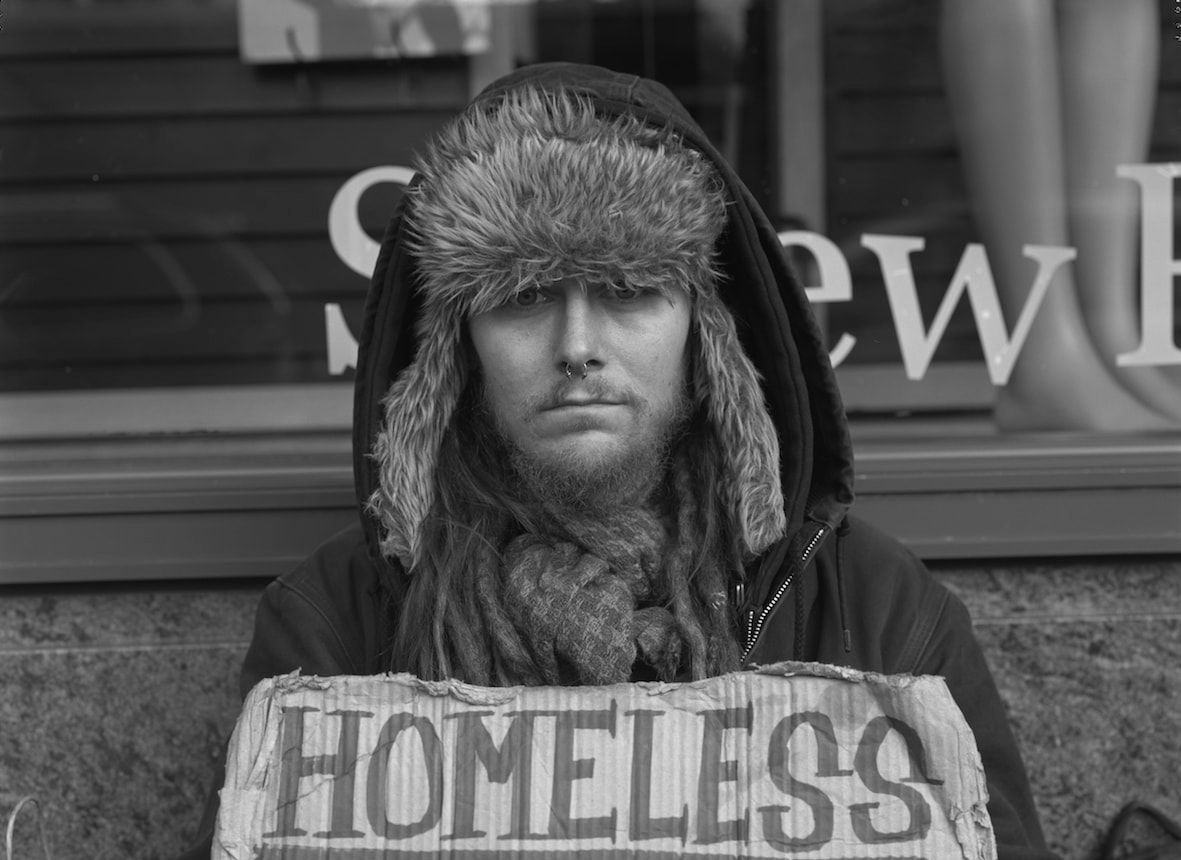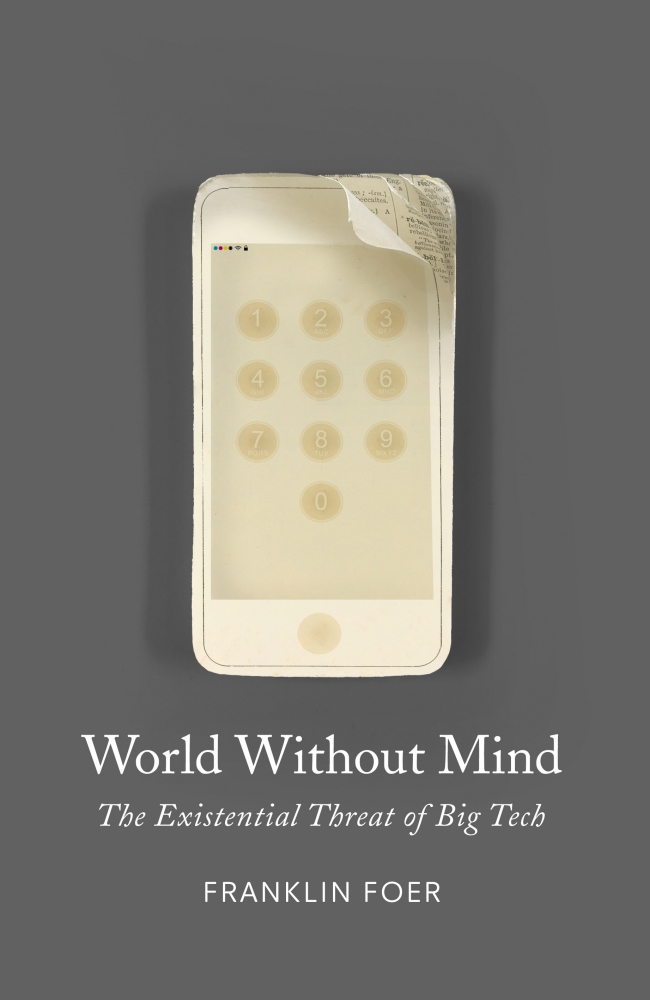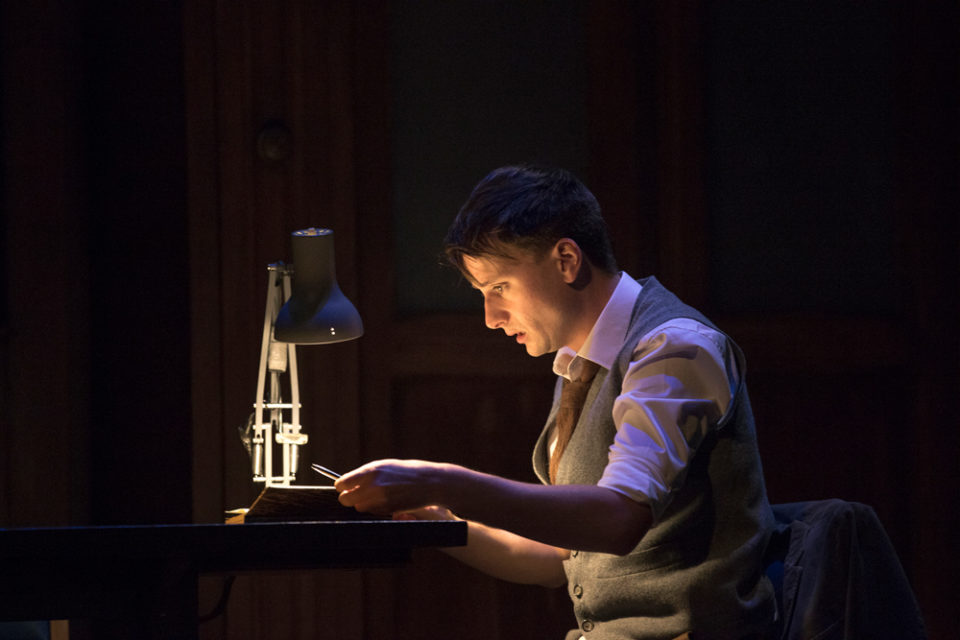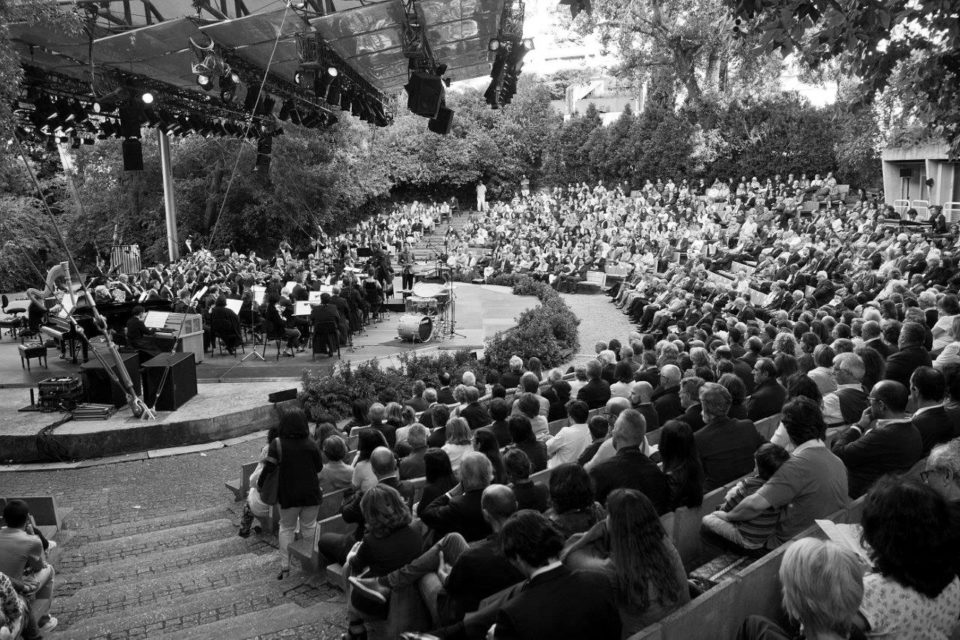You’ve been lied to.
I mean, of course you have. We live in a world of power, and truth is often an impediment to its raw exercise. There’s a reason why tyrants burn books – to the most cynical and the least principled, an unthinking public is a blank canvas. Onto this canvas, they (the tyrants, the salesmen, the virtuous-but-ignorant), can paint any narrative they wish. Think Scientology. Think Donald Trump. Think Facebook.
At a time of painful transition for the media industry, Ann Mossop – formerly of the Festival of Dangerous Ideas, and recently appointed head of the University of NSW’s new Centre for Ideas – believes that it is universities which have an increasingly important role as forums of public expertise. Mossop has curated a series of talks on the areas where this knowledge is sorely needed: technology, inequality, and truth itself.
Franklin Foer was the editor of the New Republic when the publication was bought by a Facebook co-founder and transformed it into a “vertically integrated digital-media company”. Foer was eventually fired and two-thirds of his staff quit in protest. Unsurprisingly, Foer has some views about technology. In his recent book, World Without Mind, he urges the public to see tech companies how they see themselves, as engineers; and he argues that in the same way the industrial revolution automated physical processes, so too is the digital revolution automating mental processes.
Mossop knows that technology is an issue esoteric to most, and frightening in its complexity: “Which one do you have to worry about? That the iPhone is rotting your child’s brain, or that the robots will take your jobs, or any of the potential doomsday scenarios – there’s an awful lot to think about.” Foer gives us a framework to begin that thinking.
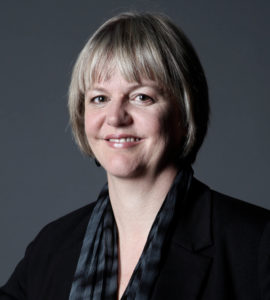
Ann Mossop, head of UNSW’s new Centre for Ideas
Andres Serrano’s exhibition, The art of homelessness, gives us truth in the form of photography. Serrano’s portraits of homeless around New York and Brussels are blown up to giant proportions, so large that it’s not possible to turn away. The artist is known for transgression: along with Mapplethorpe, Serrano was a major figure in the fight to save the U.S.’s National Endowment of the Arts from defunding in the ’80s, and his work Piss Christ (1987) has never stopped attracting controversy.
But Serrano’s homelessness exhibition will be controversial only if you think it’s a faux pas to talk about those who are fuel (and then refuse) of the engine of wealth. The issue is dire: homelessness in NSW jumped by 37 per cent between 2011 and 2016. (In a previous Centre for Ideas event on democracy, A.C. Grayling argued that it is inequality – and the resentment that it breeds – that is the better explanation for the rise of demagogues, who create scapegoats to explain this unfairness. Populism is the wrong word; the right word is manipulation.)
Michael Sandel is a philosopher so popular that his course at Harvard was turned into a TV show – he has been called “a philosopher with the global profile of a rock star.” His political philosophy is a model of clarity, and his event on ‘truth’ will offer a rigorous defence of the value of seeing the world clearly.
In his earlier work Sandel parsed the difference between outright lies (which impermissibly coerce or manipulate the listener) and white lies, which, if told with the right intention, are acceptable. He illustrates his point with the question, ‘would Kant have defended Bill Clinton?’ While Clinton’s “I did not have sexual relations with that woman” was still wrong because Clinton intended to deceive, it was at least better than an outright lie. In the very act of crafting an evasion Clinton showed respect for truth, “however oblique”.
It’s clear that Sandel will disapprove of Trump’s intentional, outright lies, but the question remains: how can and should we act in the face of such blatant deceptions? Mossop is glowing about Sandel: “He’s really doing this work of bringing ideas to life, and bringing an audience with him, and that is really special.”
You can see the connections within Mossop’s curation. Truth is essential if we’re to address problems like inequality, and these problems need to be addressed if democracy is to function the way it should. At the same time, these public searches for truth often occur on the internet, where they’re hampered by hidden algorithms for groupthink, bullying opinions, and constant distractions. We need a more even playing field if the best ideas are to prevail.
Mossop wants to germinate these ideas in the forums she is organising with UNSW. “Nobody wants to tell people what to think, but what we want to do is create an environment where we can bring those conversations to a broader audience.”
22 March: Andres Serrano – The art of homelessness, Paddington RSL
24 March: Michael Sandel – What’s become of truth?, Carriageworks
24 March: Franklin Foer – World without mind, Carriageworks



